Eastern Orthodox Christianity is one of the three main branches of Christianity. The separation of the Eastern Orthodox Christian Church from the Roman Catholic Church is traditionally dated to the schism of 1054, even though the two churches began to drift apart during the seven ecumenical councils, which were meetings held by bishops in order to establish universal doctrine. In Greek, orthodoxy means true faith. Eastern Orthodox Christians believe in one God: the Father, the Son and the Holy Spirit. Unlike Catholics, they emphasize Christ’s divine nature over his human nature. The Eastern Orthodox Church adheres to the Gospel’s message. The Eucharist is the central event in its liturgy.
Eastern Orthodox Christians deny the principle of papal infallibility and do not recognize the pope as the leader of Christians. Orthodox Christians often place their trust in a Spiritual Father, who can be either a priest or a layman. The Spiritual Father lives by Christian principles and is capable of helping the believer understand Christ’s message. Apotheosis, or the process through which man is reunited with God, is the objective of every Eastern Orthodox Christian. The Eastern Orthodox Church only recognizes certain saints. Each religious community is free, however, to dedicate its prayers to the saints of its choosing, even those not officially recognized as such. According to the Eastern Orthodox tradition, body and soul possess the same divine grace. For this reason holy relics are highly venerated. The principle sacraments of the Eastern Orthodox religion are the same as those in the Catholic tradition, but differ in certain aspects. Baptism, for example, involves completely immersing the body in water. Communion is still celebrated in the form of bread and wine. A married man can become a priest and a deacon, but not a bishop.
There are 240 million Eastern Orthodox Christians in the world, or 11% of all Christians. The Eastern Orthodox faith is primarily found in Eastern Europe. The religion is organized into territorial communities. There is no supreme leader. Many national churches are autocephalous, in other words, governed by a patriarch and his bishops. After enduring extreme hardship under Communist regimes in Eastern Europe during the past century, the Eastern Orthodox Church gained new vigor following the collapse of the Soviet Union.
Eastern Orthodox Christians deny the principle of papal infallibility and do not recognize the pope as the leader of Christians. Orthodox Christians often place their trust in a Spiritual Father, who can be either a priest or a layman. The Spiritual Father lives by Christian principles and is capable of helping the believer understand Christ’s message. Apotheosis, or the process through which man is reunited with God, is the objective of every Eastern Orthodox Christian. The Eastern Orthodox Church only recognizes certain saints. Each religious community is free, however, to dedicate its prayers to the saints of its choosing, even those not officially recognized as such. According to the Eastern Orthodox tradition, body and soul possess the same divine grace. For this reason holy relics are highly venerated. The principle sacraments of the Eastern Orthodox religion are the same as those in the Catholic tradition, but differ in certain aspects. Baptism, for example, involves completely immersing the body in water. Communion is still celebrated in the form of bread and wine. A married man can become a priest and a deacon, but not a bishop.
There are 240 million Eastern Orthodox Christians in the world, or 11% of all Christians. The Eastern Orthodox faith is primarily found in Eastern Europe. The religion is organized into territorial communities. There is no supreme leader. Many national churches are autocephalous, in other words, governed by a patriarch and his bishops. After enduring extreme hardship under Communist regimes in Eastern Europe during the past century, the Eastern Orthodox Church gained new vigor following the collapse of the Soviet Union.
RELATED
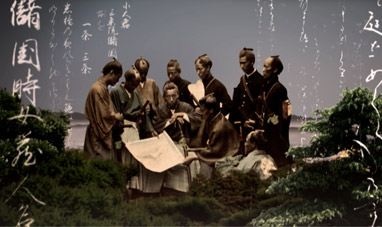

JAPANESE TRADITIONS
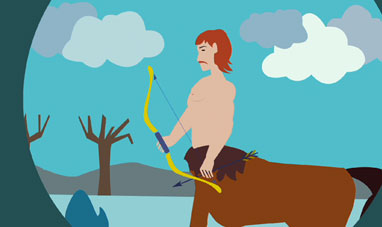

SAGITTARIUS


SCORPIO


MAYAN HOROSCOPE, THE
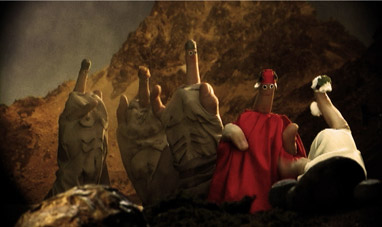

DIVINE COMEDY, PURGATORY
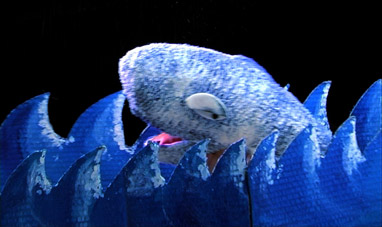

MOBY-DICK
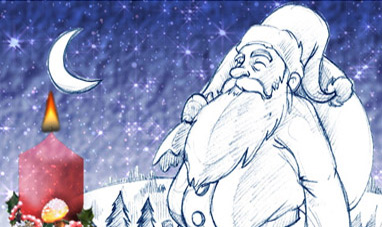

SANTA CLAUS
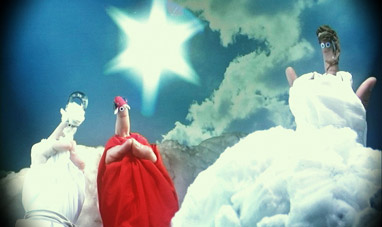

DIVINE COMEDY, PARADISE
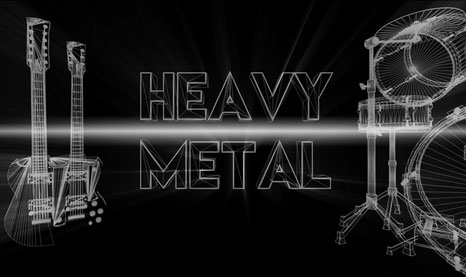

HEAVY METAL
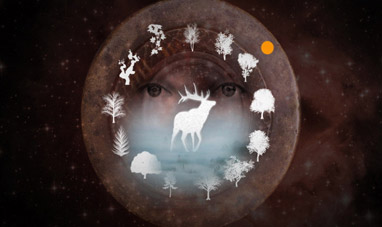

THE CELTIC HOROSCOPE


ARIES
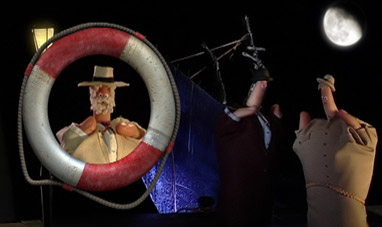

HEART OF DARKNESS
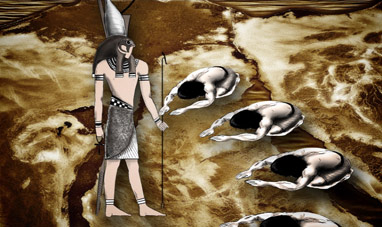

EGYPTIAN MYTHOLOGY
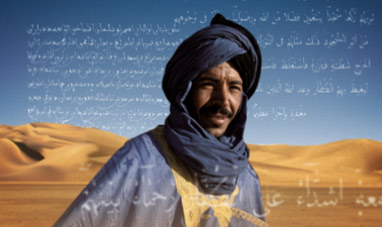

BERBERS
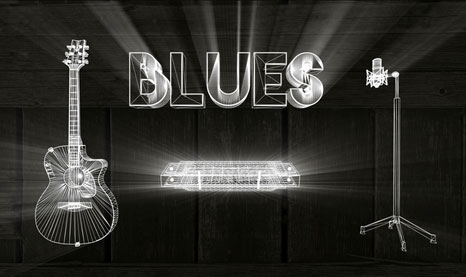

BLUES
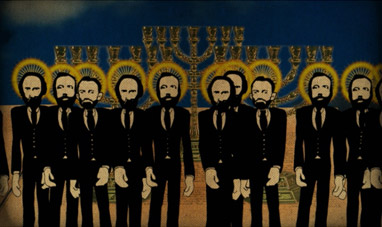

MORMONS


CANCER
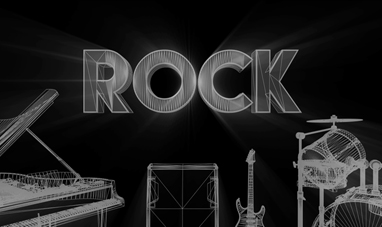

ROCK
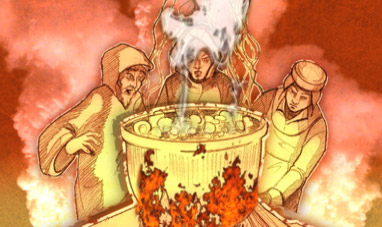

THE PHILOSOPHER'S STONE
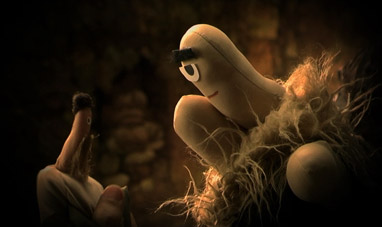

THE ODYSSEY
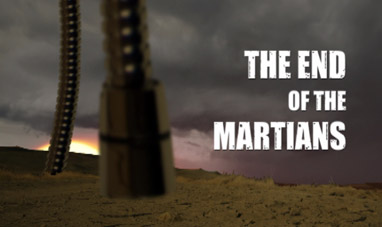

THE WAR OF THE WORLDS
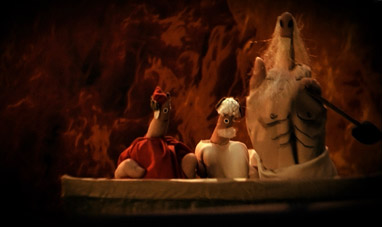

DIVINE COMEDY, INFERNO
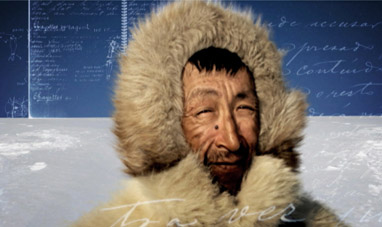

ESKIMOS
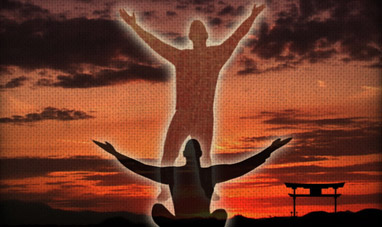

SHINTO


GEMINI
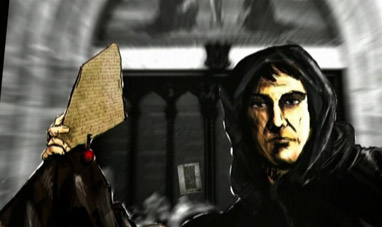

THE PROTESTANT REFORMATION
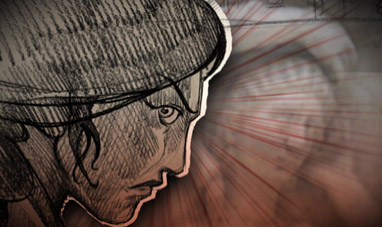

MEDEA
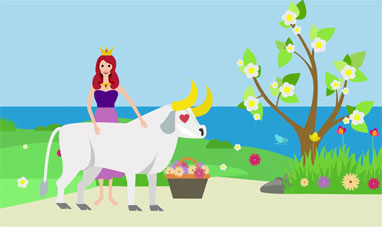

TAURUS


ELECTRONIC MUSIC


PISCES
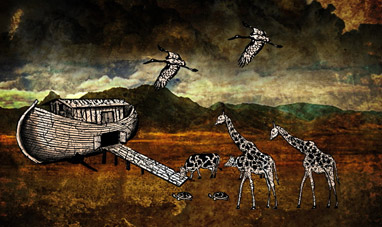

THE GREAT FLOOD
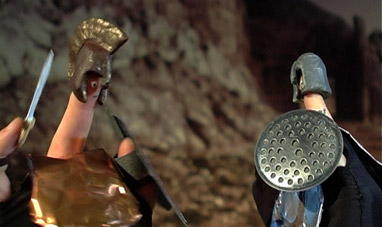

THE ILIAD
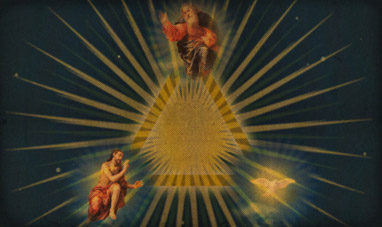

CHRISTIANITY


AQUARIUS


MINE HOSTESS
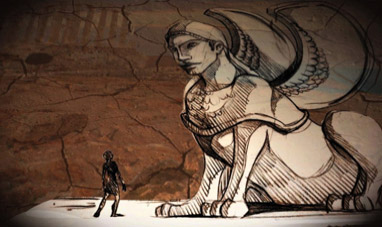

OEDIPUS
